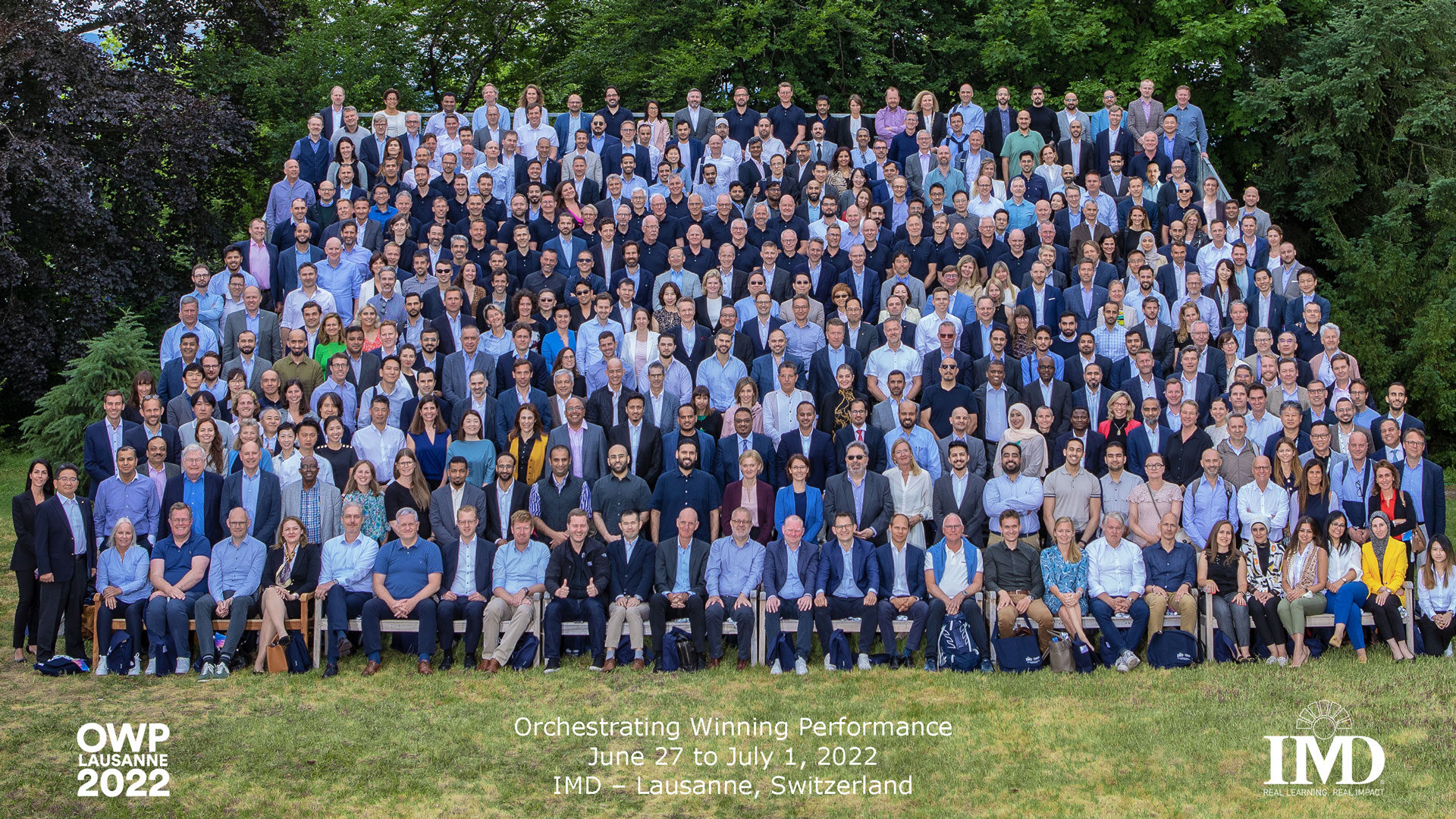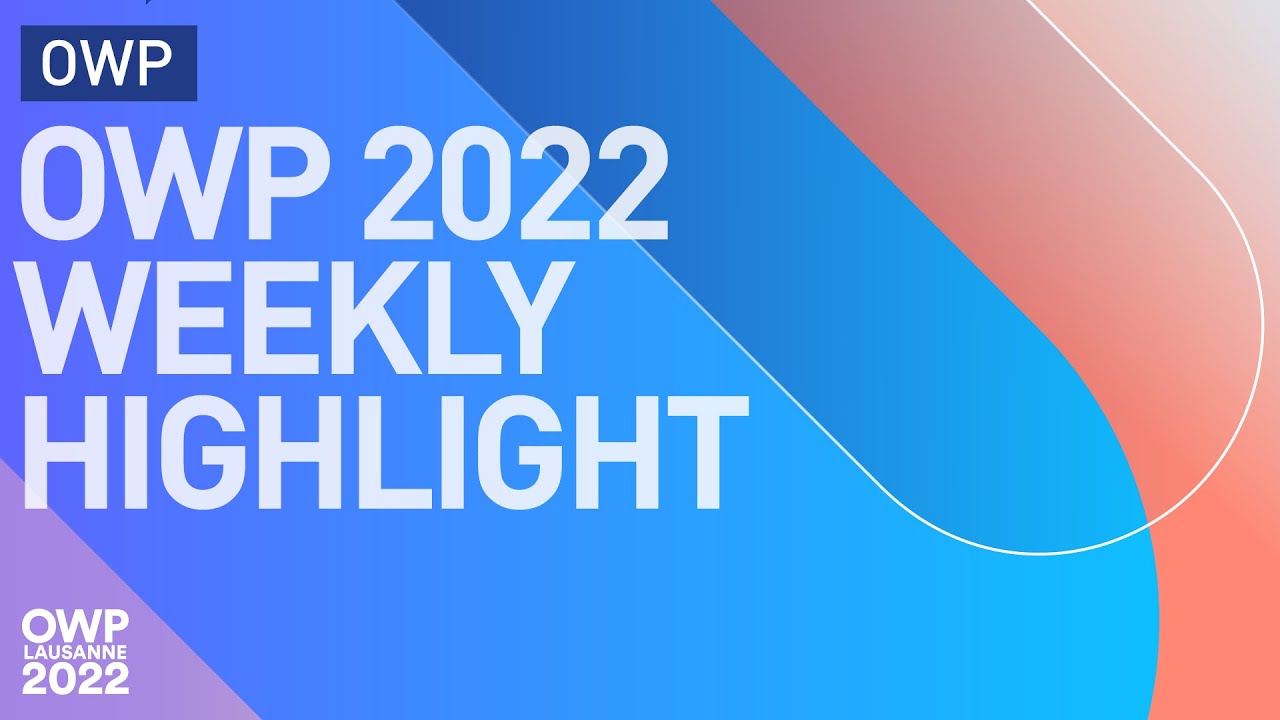
Focusing on the digitalization-sustainability link
In a week in which participants focused on how to translate their sustainability ambitions into strategic execution, Michael Wade, Director of IMD’s Global Center for Digital Business Transformation and Professor of Innovation and Strategy, spoke about how to digitalization will play a key role.
Digitalization and sustainability are the two dominant megatrends of the last decade, affecting both our personal and work lives, he observed in a session on “Digital Sustainability for Profit and Planet”, held together with Julia Binder, Professor of Sustainability, Innovation and Entrepreneurship.
“They are naturally somewhat separated, but because they are so big, they are starting to intersect and collide,” said Wade.
Some companies may be highly advanced in their digital journeys, but low on sustainability (“digital cowboys”), whereas others may have sustainability at their core but have not paid that much attention to digital (“eco-warriors”).
Most organizations focus on digital and sustainability, but not in a coordinated way. The teams responsible for each do not typically work together, leading to significant risks and untapped potential to create value for customers.
Professor Wade explained that, “What we are here to argue today is that digital can actually work simultaneously to improve performance but also to improve the planet in different ways.”
Embracing new trends to stay relevant as leaders
The executive participants heard that above all, leaders of organizations have no choice but to embrace megatrends including digitalization, diversity, and sustainability, in order to earn their place in the future.
“There are too many CEOs trying to be in the driver’s seat,” Holcim CEO Jan Jenisch told the assembled participants this week, noting that the job of a chief executive “is to understand the importance of this, to understand that I should not be the bottleneck, and to delegate this to the next generation.”
This embracing of change was a recurring theme throughout the week: Professor of Leadership Ben Bryant challenged executives to welcome the discomfort that ambiguity inevitably brings.
“When you get into a more senior executive role, rather than experiment, you might look for replication to repeat past successes,” he said, noting that the fear of shame, failure and loss of identity, as well as institutional dynamics, can get in the way of the personal transformation needed to deliver impact in a new role.
To achieve real personal transformation, senior leaders need to work at sitting with and holding the discomfort that comes with change, he said. “Conflict and tension will always be a part of transformation experiences.”
Challenging what is, inspiring what could be
Katharina Lange, Affiliate Professor of Leadership, hailed the need to question, learn and discover. Speaking of IMD’s signature Orchestrating Winning Performance program, which she co-directs, she noted, “As a program director, you always want to strike a balance between customer centricity – offering topics and themes that our participants would like to hear more about – and, at the same time, as an academic institution, we want to contribute to a conversation about our future. How does democracy unfold? Which roles do institutions of the 21st century have to play? And, particularly, how do we reset for growth sustainably and in an inclusive manner?”
Delivering parting advice to participants, Lange challenged them to invest in their networks, reflect on what they had learned during a busy week in Lausanne, and to commit to implementing ideas discussed and putting them into action.
Concluding a fast-paced week of insights on the latest business trends, IMD President Jean-François Manzoni observed, “OWP is not a conventional academic executive program. By sharing research-driven insights and engaging participants through practical workshops and activities, it takes us out of the comfort zone of the classroom and it challenges us to re-examine our perspectives.
“Real impact comes from actions, not just ideas. The openness and curiosity of the participants played a big role in making OWP 2022 a success.”



